Author: Nelesi Rodriguez
-
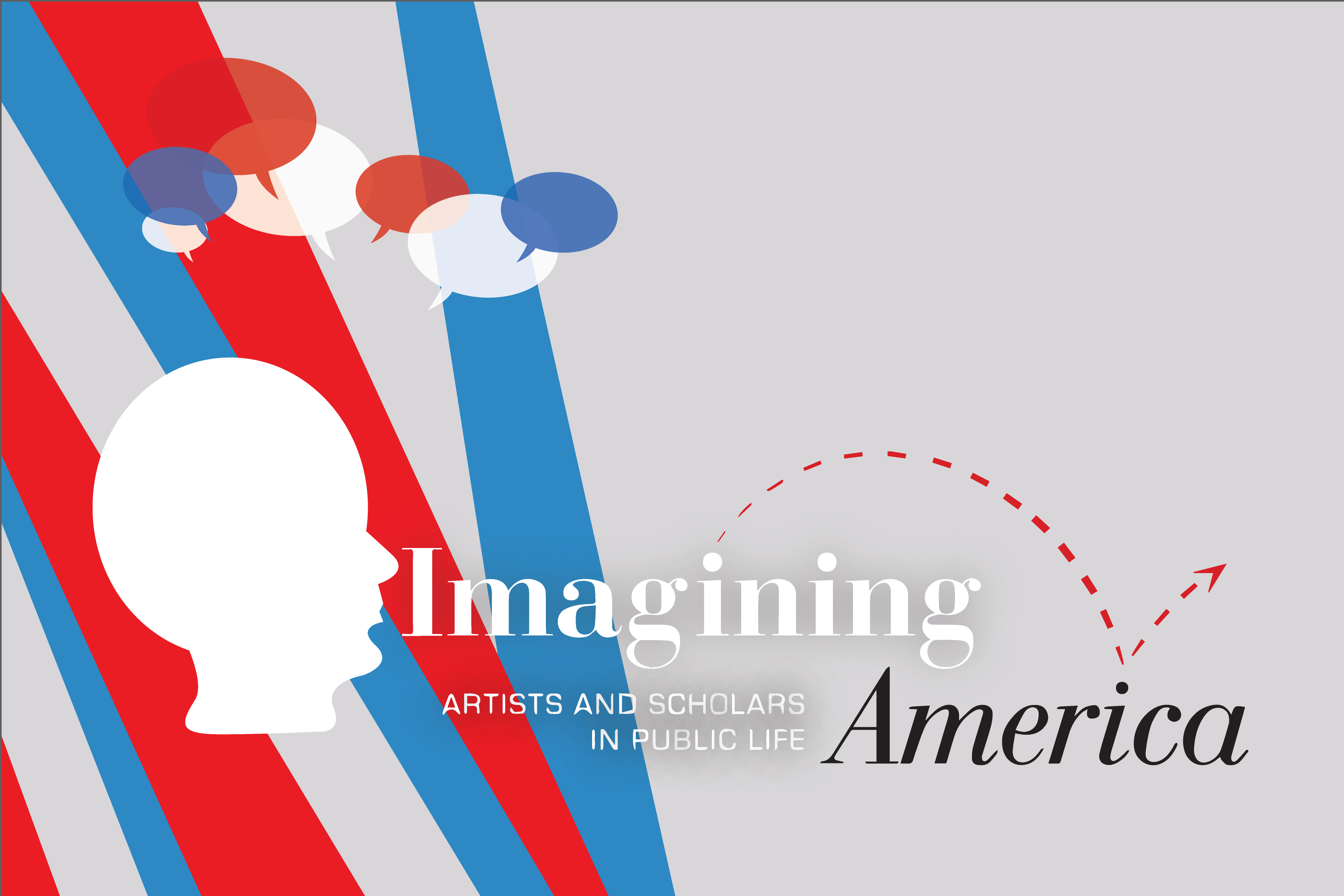
Scholarship in Public: Knowledge Creation and Tenure Policy in the Engaged University
The Imagining America Tenure Team Initiative (TTI) was inspired by faculty members who want to do public scholarship and live to tell the tale. We propose concrete ways to remove obstacles to academic work carried out for and/or with the public by giving such work full standing as scholarship, research, or artistic creation. While we recommend…
-
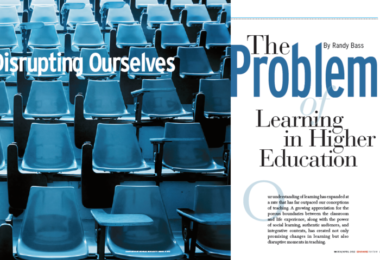
Disrupting Ourselves: The Problem of Learning in Higher Education
“By using the phrase “disrupting ourselves” in this article’s title, I am asserting that one key source of disruption in higher education is coming not from the outside but from our own practices, from the growing body of experiential modes of learning, moving from margin to center, and proving to be critical and powerful in…
-
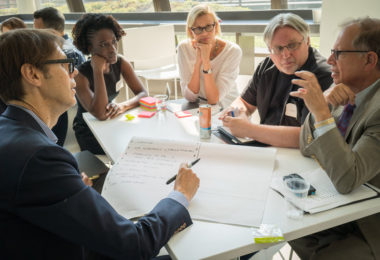
Evaluating the Publicly Engaged Work of Faculty: Ideas, Principles, and Practices
The New School for Public Engagement is dedicated to the integration of civic, liberal, and professional learning for the advancement of a just and plural society. Faculty and students in the division undertake a wide range of scholarly and creative practices that build new knowledge, solve pressing social problems, produce innovative forms of culture, and…
-

Collaboratory Interim Report: Insights from a Community of Practice
The New School Collaboratory is a two-year research and design initiative launched formally in June 2013 with funding from the Rockefeller Foundation. It aims to enhance the University’s efforts to foster meaningful, communities and external partners in New York City. Through cross-cutting analysis of a set of partnership projects, the Collaboratory seeks to identify the…
-

Research for Organizing Toolkit
Research is something that we all do on a daily basis. We observe patterns in our communities, ask questions of our neighbors, read articles and watch news about our city. We analyze the world around us and talk to our family and friends about what works and what doesn’t work. Participatory Action Research (PAR) provides…
-
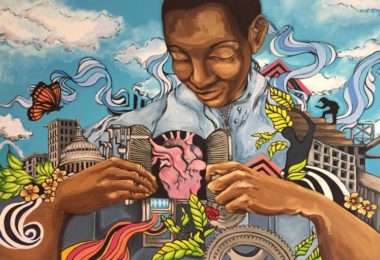
Participatory Community Engagement Course
In the Participatory Community Engagement course at the Milano School of International Affairs, Management, and Urban Policy, graduate students work with New York City nonprofits to create a space for listening, dialogue and collective analysis of issues of shared concern.
-
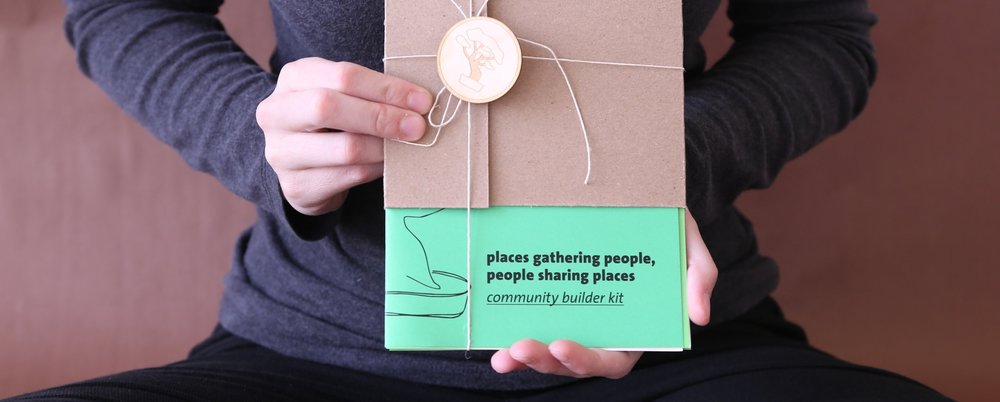
Growing Bonsais: Developing and Implementing Tools for Community’s Self-identification and Activation around Public Spaces
We believe that community initiatives, in order to be really visible, accessible, and inclusive, need to exist in the public space. The Community Builder Kit (CBK) is a customizable booklet that invites people to reflect on and identify community groups and public spaces in their…
-
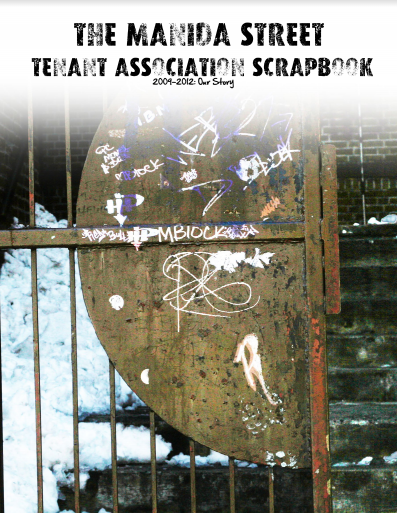
Fighting for Housing Justice with South Bronx Residents
In 2008, tenants of the Manida Street Houses began a successful three-year struggle for housing justice. Participatory Community Engagement students worked alongside these residents through the Hunts Point to conduct community building workshop and support the publishing of the Manida Street Scrapbook used in the housing justice movement to educate residents.
-
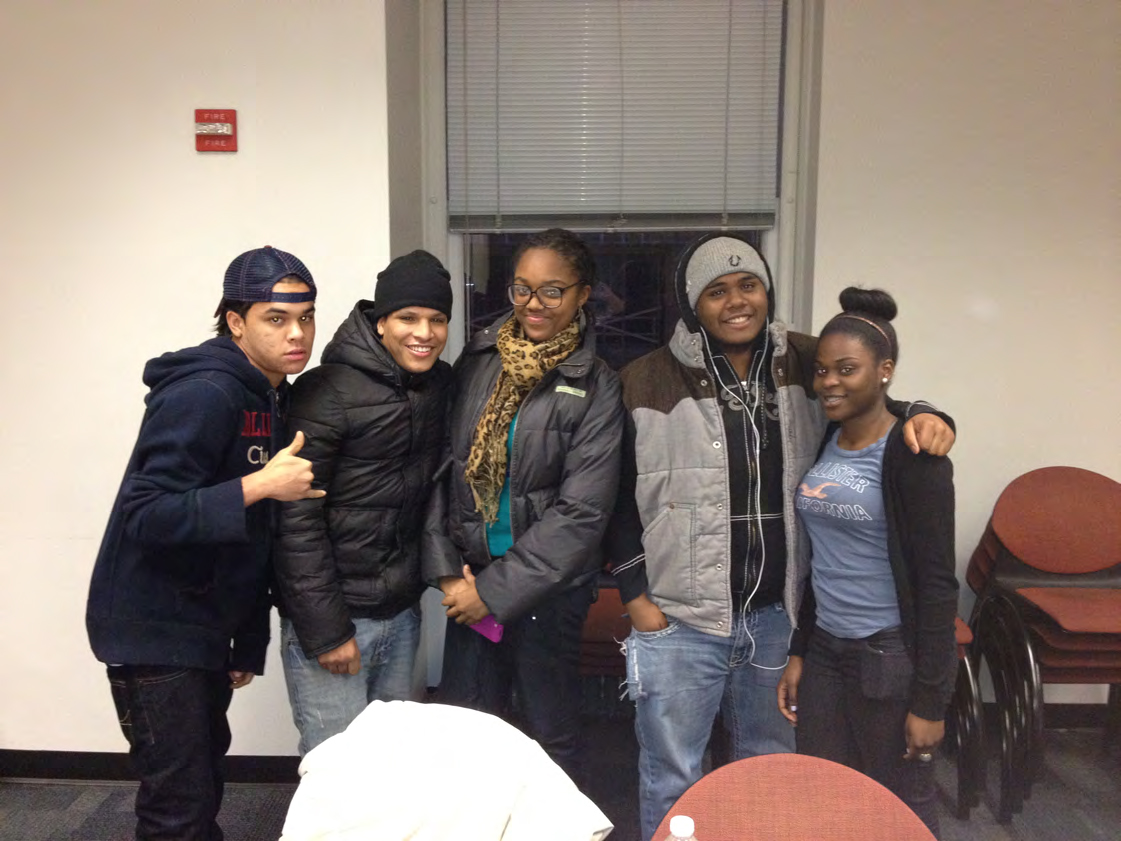
Youth Action Research in Red Hook, Brooklyn
For nine months, a group of Participatory Community Engagement students worked with the Youth Advisory Board (YAB) of the Red Hook Community Justice Center in Brooklyn to explore issues of gang involvement and high school dropout rates in the community. Using participatory group facilitation methods, the New School students helped the YAB to develop and…
-
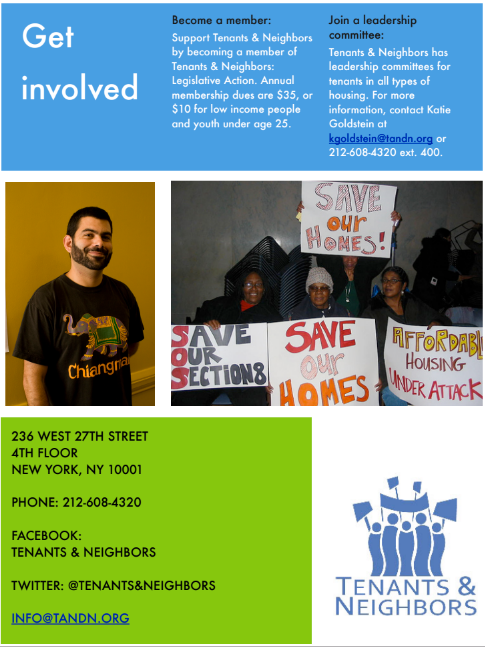
Reconnecting an Organization with its Tenant Members
Tenants and Neighbors helps tenants build and effectively wield their collective power to preserve at-risk affordable housing and strengthen tenants’ rights in New York. In 2011, Participatory Community Engagement students worked alongside staff of Tenants and Neighbors to help them reconnect to their membership. Students facilitated community building gatherings where they uncovered stories that were…
-
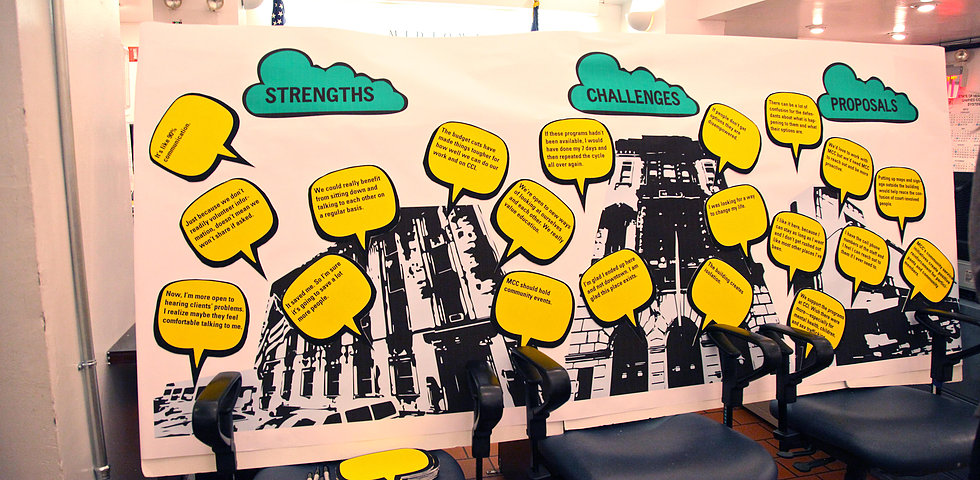
Strengthening the Ability of Midtown Community Court to Serve Procedural Justice Principles
Participatory Community Engagement students collaborated with the Midtown Community Court (MCC), a problem-solving community justice nonprofit associated with the Center for Court Innovation, to complete a procedural justice study of the MCC. The project resulted in a public engagement with the entire staff, a written report, a graphic report of community building sessions conducted, and…
-
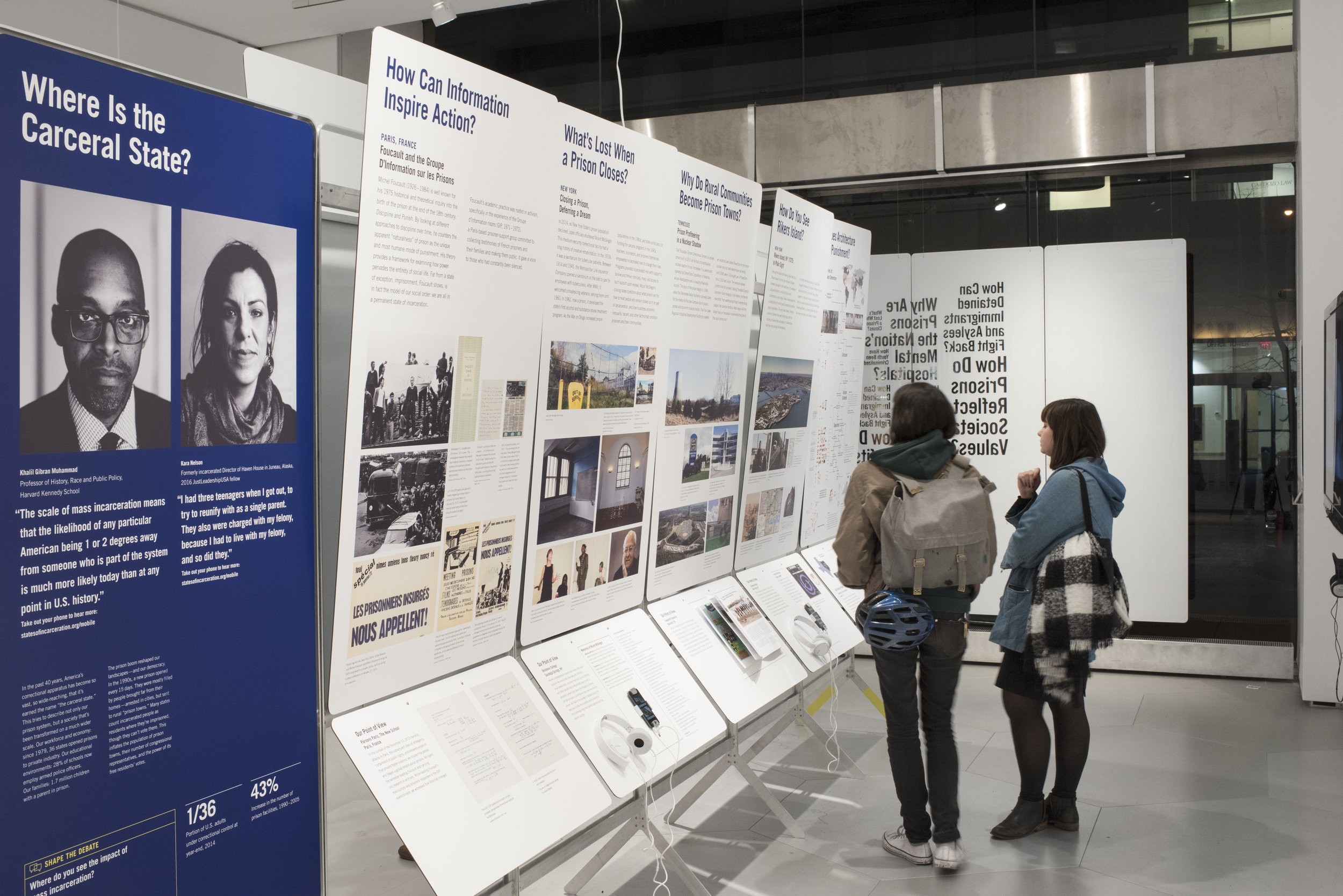
States of Incarceration Toolkit
The States of Incarceration Engagement Toolkit for Presenting Partners was collaboratively created by Participatory Community Engagement students and Humanities Action Lab (HAL), an international hub, located at The New School, where faculty, students and community partners design and generate curricula and opportunities for public engagement with urgent social issues. The toolkit was designed around HAL’s…
-
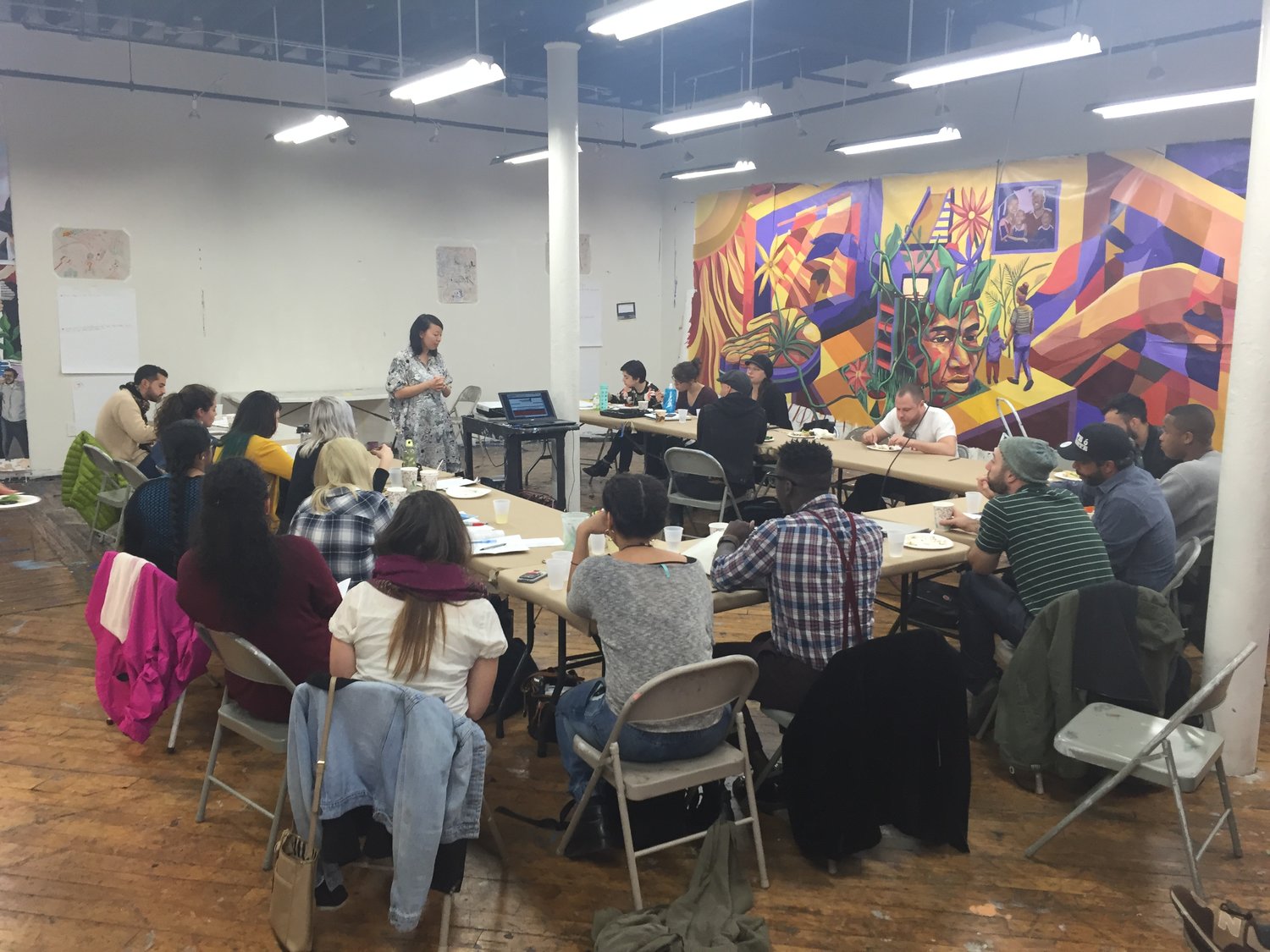
Groundswell Knowledge Base | Reflections on the Experience
Read some New School student reflections based on their Groundswell Knowledge Base experience.
-
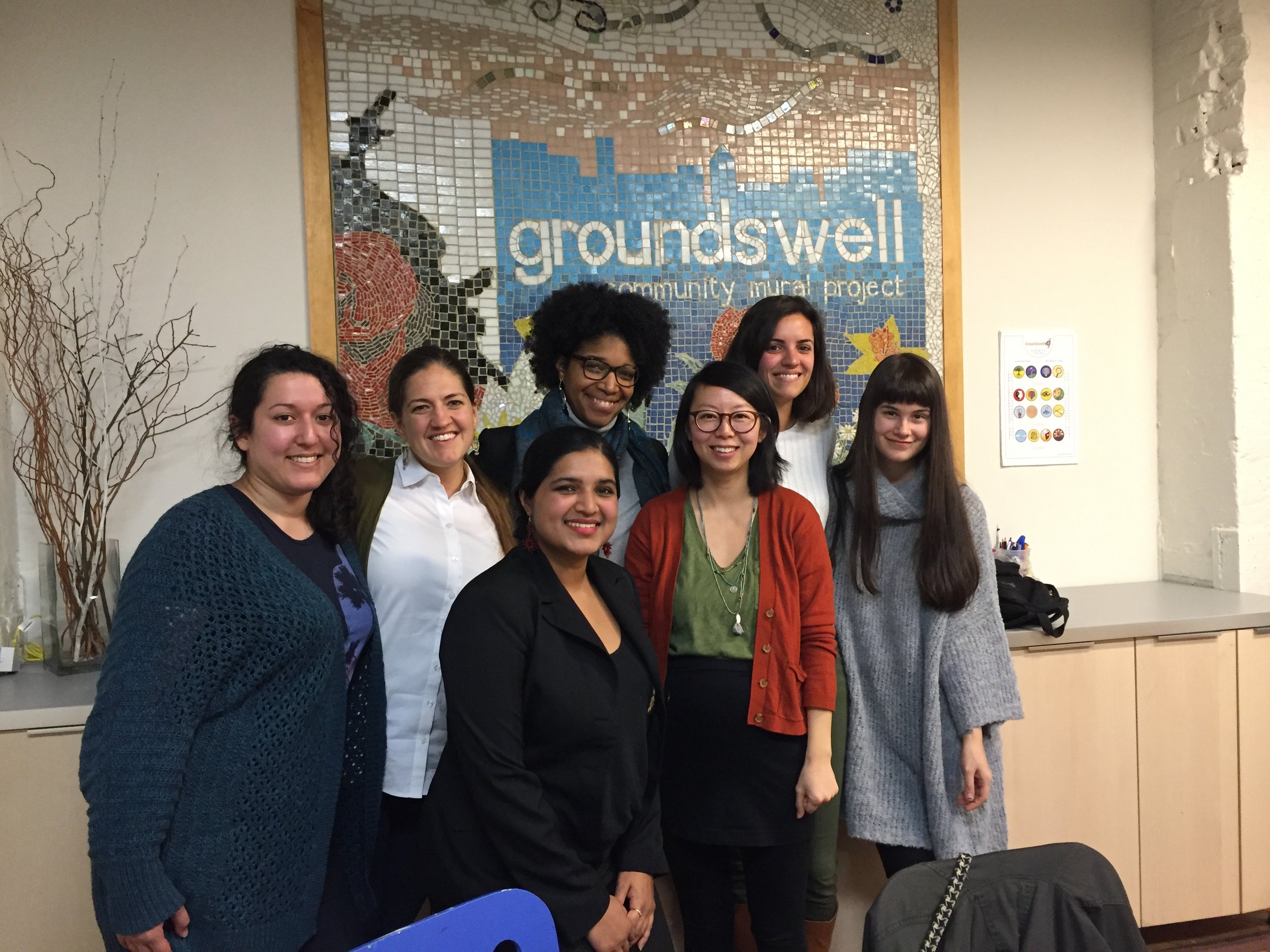
Groundswell Teaching Artist Knowledge Base
The Groundswell Teaching Artist Knowledge Base was collaboratively created by Participatory Community Engagement students and Groundswell, New York City’s leading community public arts organization that brings together artists, youth, and community organizations to use art as a tool for social change. The purpose of the Knowledge Base is to provide a space for Groundswell’s teaching…
-
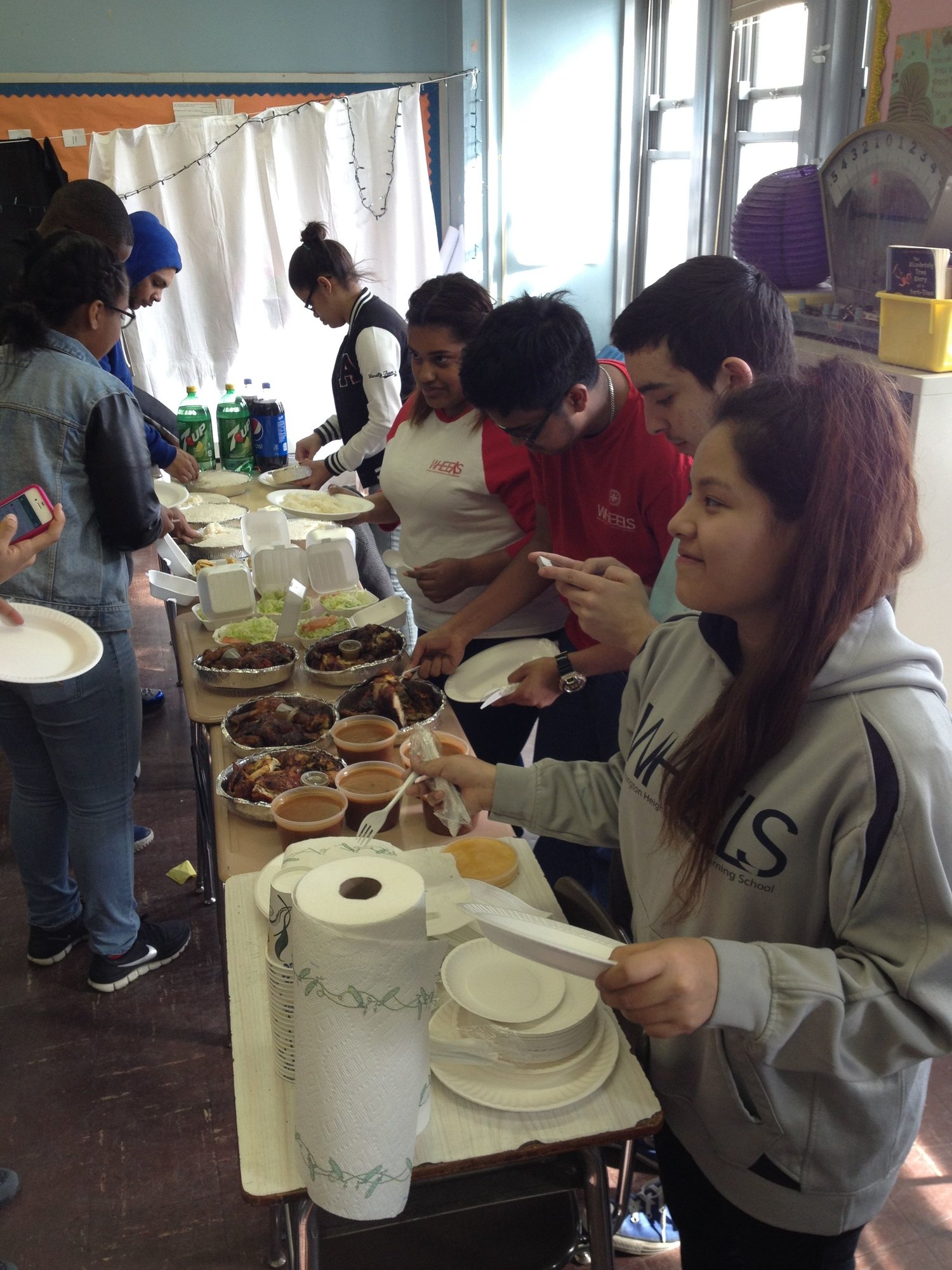
What comes next?
Students discuss how building a cafe together opened up new possibilities and realms for collaboration, and allowed us to anticipate future opportunities for cooperative work.
-
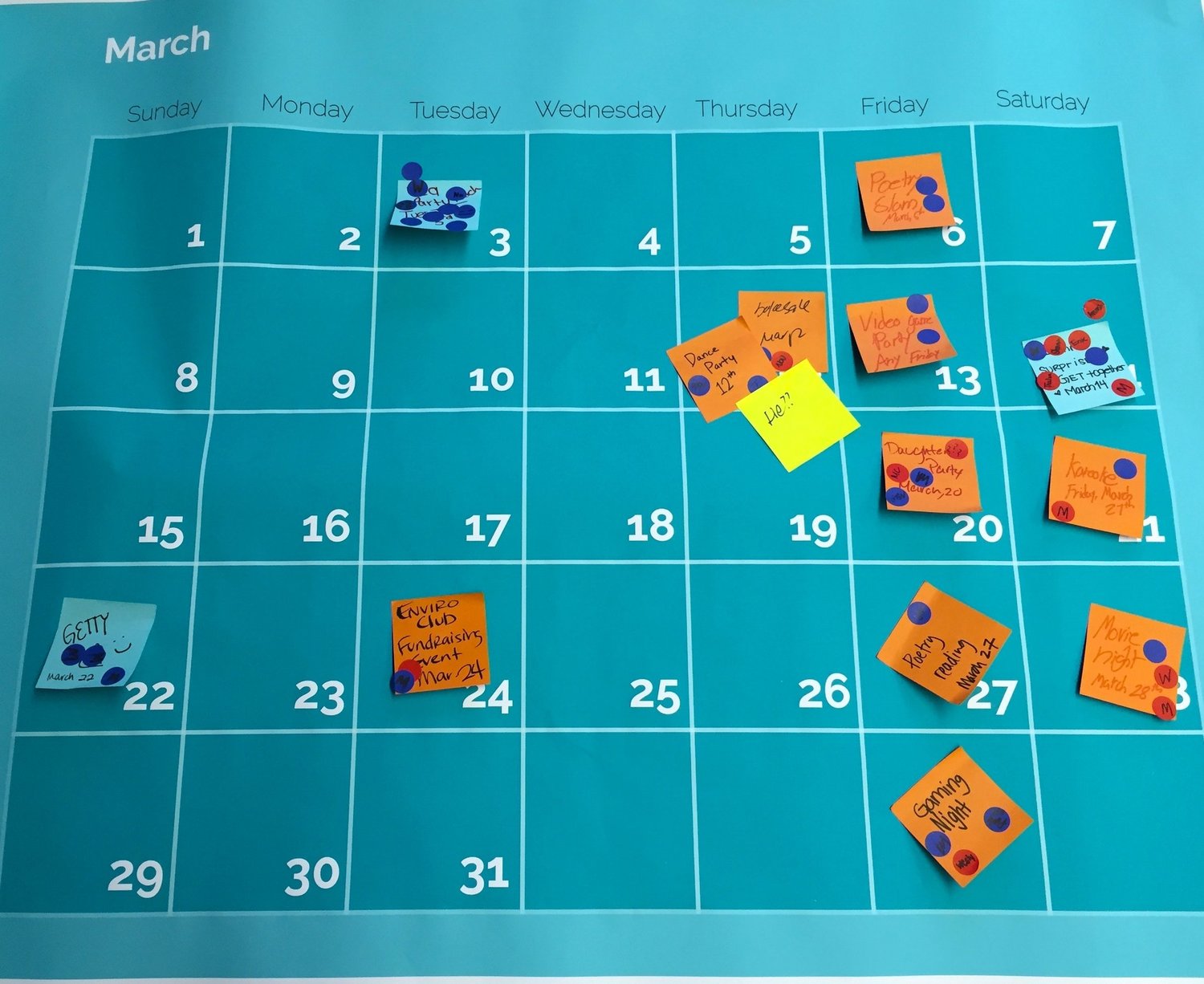
Making our own tools
Students from Parsons and WHEELS talk about the calendar tool designed by Parsons students, and how this tool helped students engage as a team to figure out their own system, carry out their own ideas, and make something new through prototyping.
-
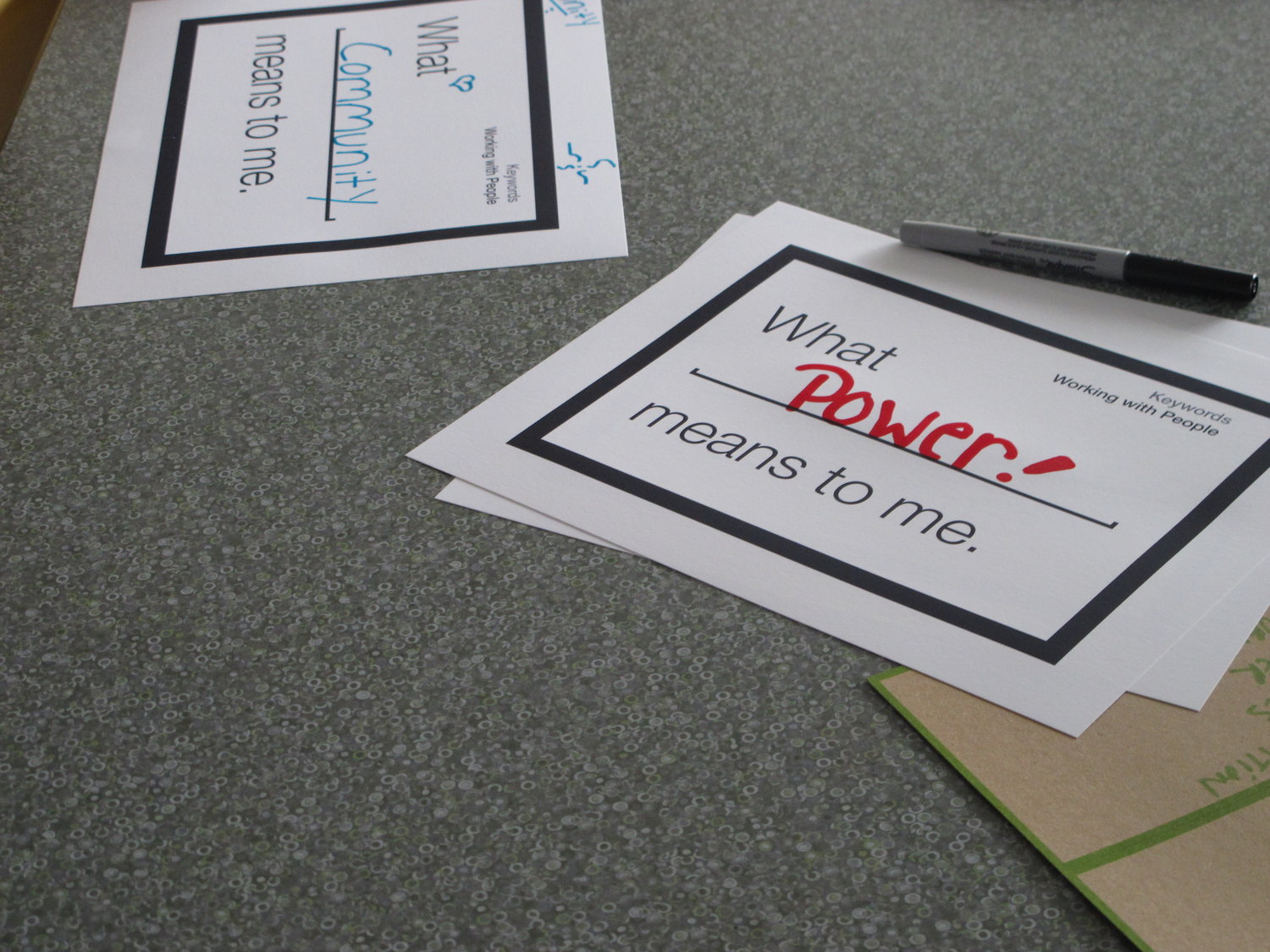
Awkward interactions and shared language
Students from Parsons and WHEELS talk about the very first project meeting in which we worked on helping everyone to interact and to discuss topics using the “same” language.
-
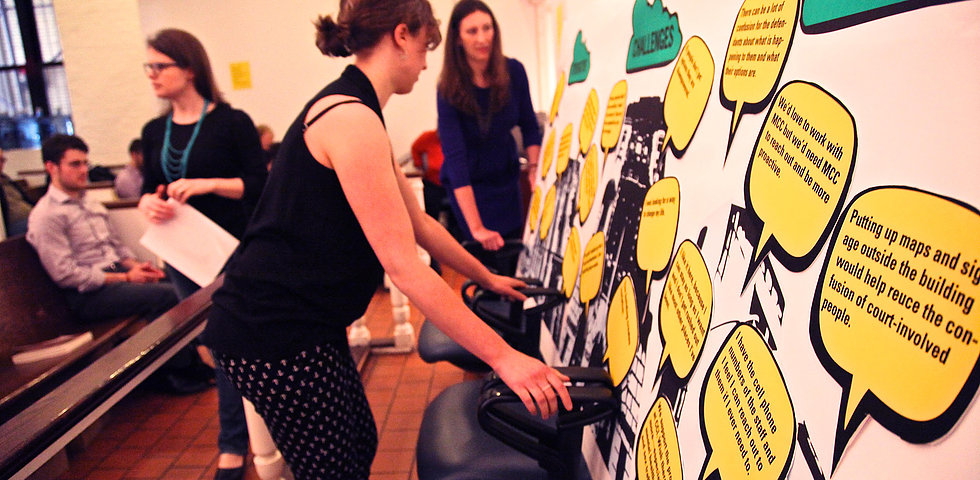
Critical Pedagogy in Classrooms and Communities: Notes on Teaching Social Justice
Working in poor regions where residents experience internalized oppression, I learned that a good educator first provides opportunities for people to believe that their lives, voices, and perspectives matter. I learned how being told how to fit into someone else’s mold – through schooling, social welfare institutions, criminal justice systems, immigration law and policing, the…
-
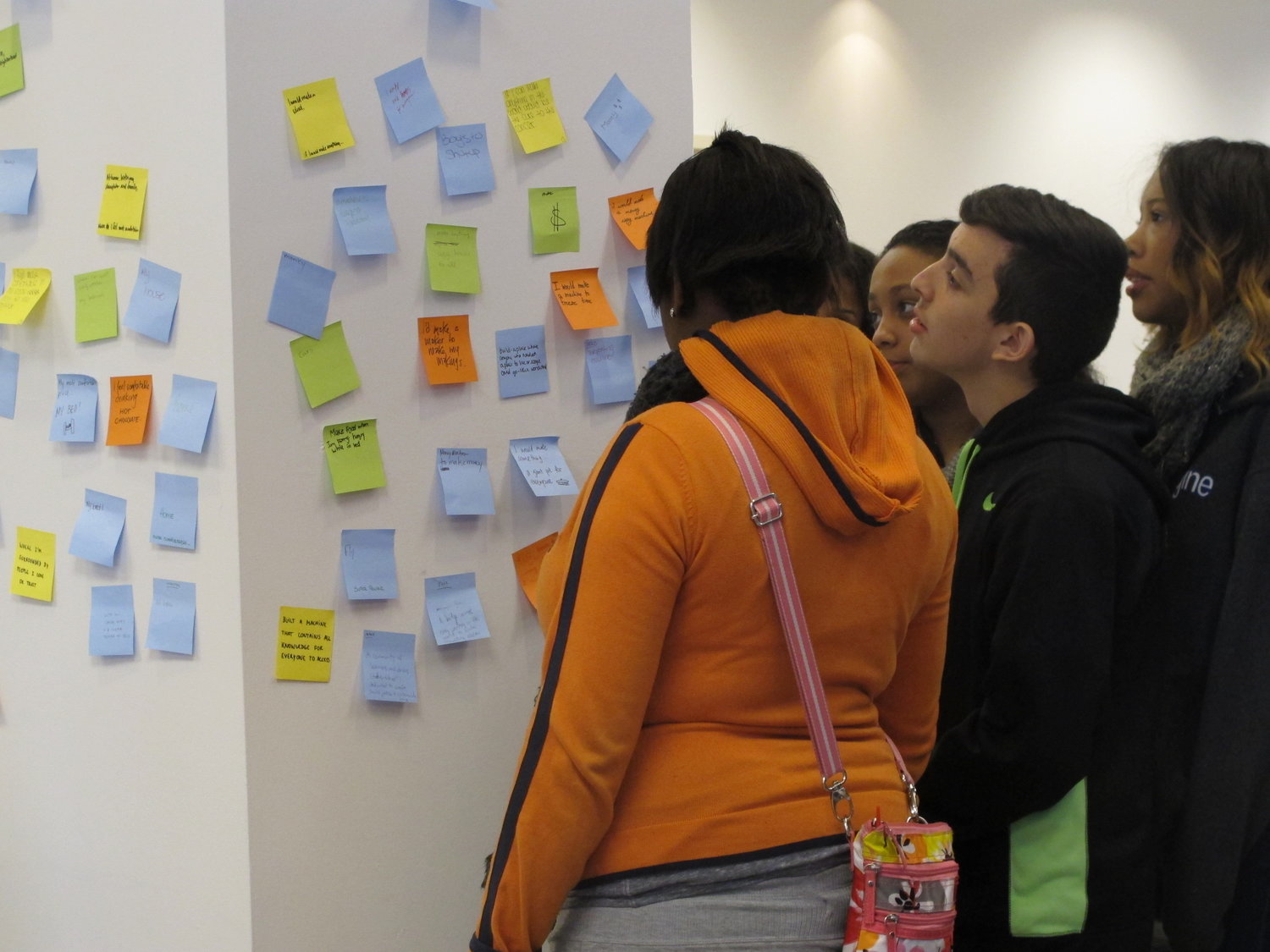
“Holding it open”: A collaborative process for long-term work
Students from Fortune and WHEELS talk about the beginnings of the process – and how what we made came from the questions we asked together : What do we want? How can we have our voices heard? How can we share our stories with friends and family?
-
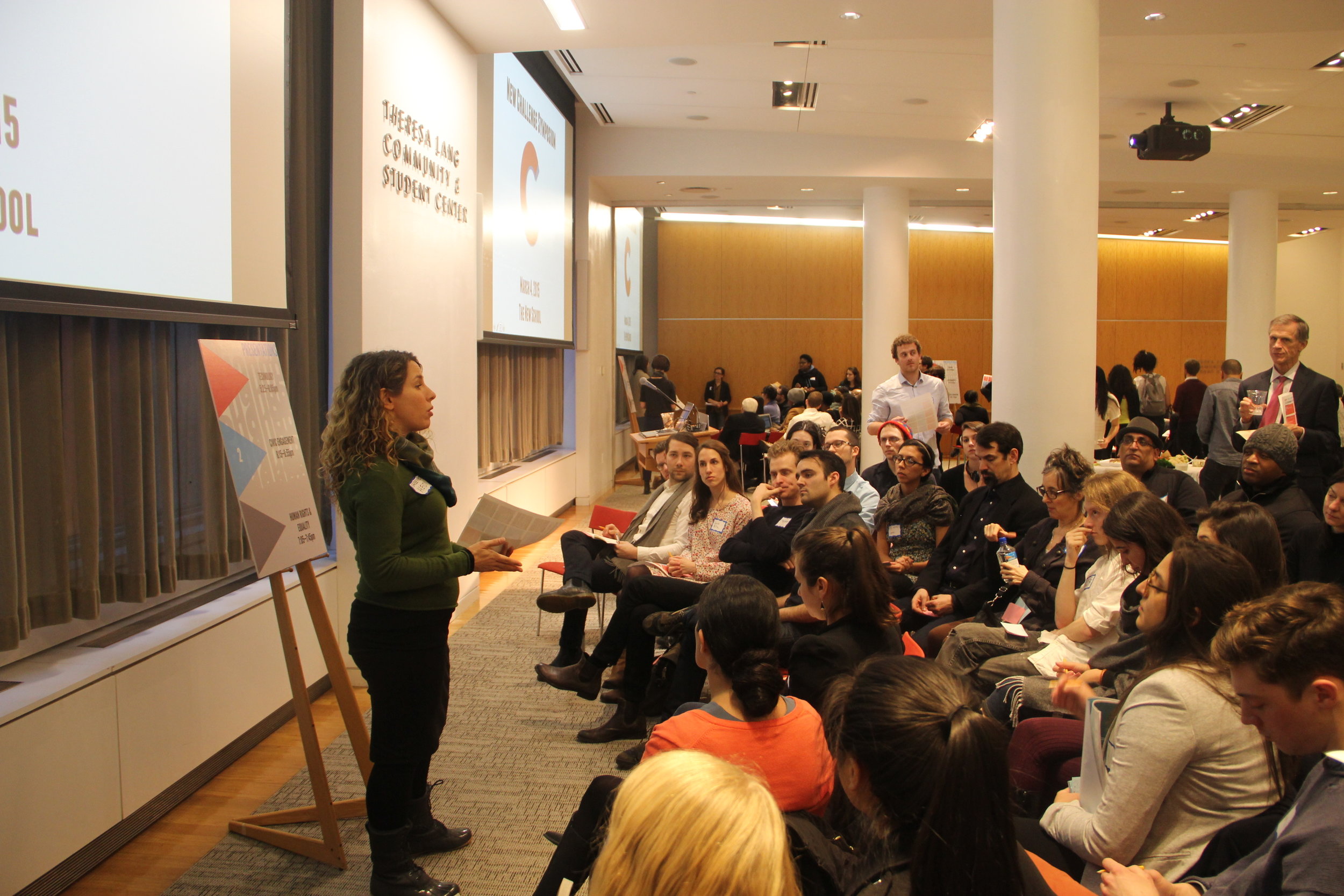
Approaches to Socially Engaged, Project-Based Learning
Across the projects profiled on this site, there are diverse approaches to collaborative, project-based, socially engaged learning. These models vary across diverse dimensions including, among others: the relationship between external partners, faculty, students and and communities; lengths of the partnership; class structure, pedagogy and content; student outputs; intended learning outcomes and partner outcomes.
